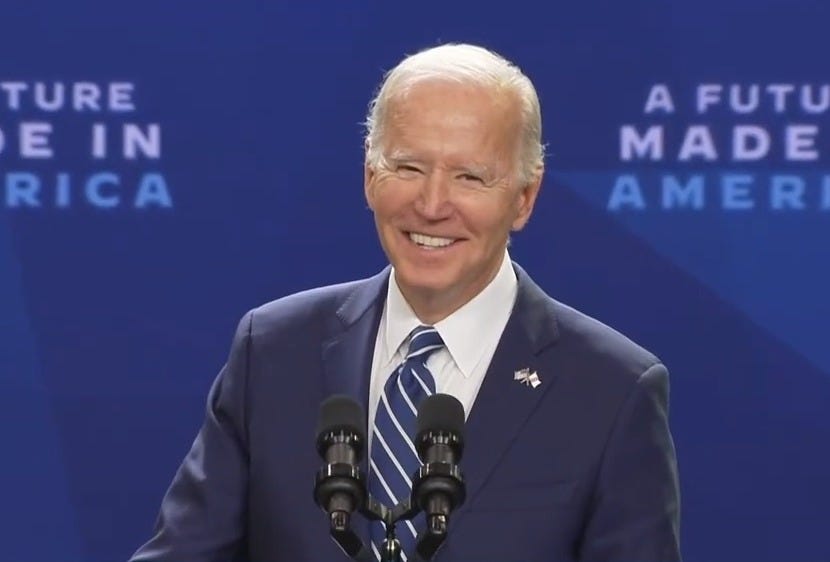After years of scrutiny over the potential for TikTok to be used as a surveillance tool by the Chinese Government, the company has today announced that it’s completed its migration of US user data to servers at Oracle, which will ensure that US info remains separate from its Chinese parent company.
As explained by TikTok, its US user data has thus far been stored in data centers in both the US and Singapore.
“Our Virginia data center includes physical and logical safety controls such as gated entry points, firewalls, and intrusion detection technologies. It’s also important to maintain backup data storage locations to guard against catastrophic scenarios where user data could be lost, and our data center in Singapore serves as the backup data storage location for our US users.”
But now, as part of an agreement with Oracle, US user info will remain solely in the US.
“For more than a year, we’ve been working with Oracle on several measures as part of our commercial relationship to better safeguard our app, systems, and the security of US user data. We’ve now reached a significant milestone in that work: we’ve changed the default storage location of US user data. Today, 100% of US user traffic is being routed to Oracle Cloud Infrastructure.”
TikTok says that it will still use its US and Singapore data centers for backup, but US user data will soon be deleted from its own data centers, as part of a full pivot to Oracle cloud servers located in the US.
The update comes at a critical time, with BuzzFeed News today publishing a new report which suggests that TikTok is still potentially sharing US user data with Chinese authorities, via data review practices defined by its parent company ByteDance.
As per BuzzFeed:
“According to leaked audio from more than 80 internal TikTok meetings, China-based employees of ByteDance have repeatedly accessed nonpublic data about US TikTok users — exactly the type of behavior that inspired former president Donald Trump to threaten to ban the app in the United States.”
According to the BuzzFeed News report, China-based ByteDance engineers repeatedly accessed US user data between September 2021 and January 2022, at the very least. That potentially contradicts sworn testimony from TikTok’s head of US public policy Michael Beckerman, who appeared before a Congressional Hearing in October last year, and stated that TikTok does not share information with the Chinese government.
Technically, that could be true, in a direct sense. But these new findings suggest that TikTok may still be sharing US user data with its Chinese parent business, which is beholden to China’s strict cybersecurity laws that would compel it to share such information with CCP officials on request.
There’s no evidence to suggest that this has happened, but the new findings do suggest that TikTok’s US team has been disingenuous in how it’s presented the current situation on potential data sharing and exposure.
Maybe, with TikTok user data now being fully merged across to US-based data storage, that will help to alleviate such concerns, and ensure that TikTok can continue its meteoric rise unimpeded. But it could also open the platform up to new regulatory scrutiny in the US, which may, eventually, lead to new calls to ban the app.
Much of this also depends on the diplomatic situation between the US and China, which is not going great right now.
American authorities have repeatedly clashed with China over its expansion into the South China Sea, which has led to several conflicts with US-allied countries. China has also indirectly backed Russia’s invasion of Ukraine, while additionally continuing to offer military support to smaller nations in the Pacific, as a means to broader its global influence.
All of these actions increase tensions with the US, which doesn’t bode well for ongoing business relationships. The distrust between the nations seeds ongoing suspicion over Beijing’s intentions, which is why TikTok has become a focal point for data security concerns.
As such, you can bet that these new revelations will prompt US authorities to take another look at TikTok, which could once again put its US business in jeopardy. And if the US were to ever move to block the app (as India has done due to its own conflicts with the CCP), you can bet that other regions would follow, which would be a disaster for the app.






































































